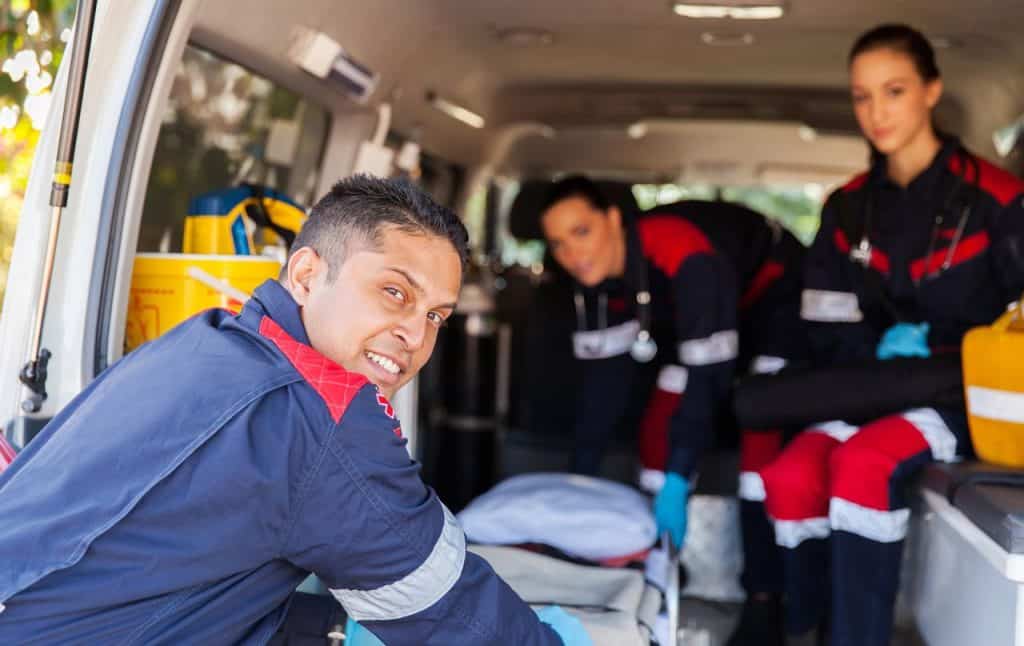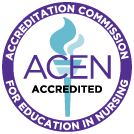
Florida needs more EMTs, and the demand is rising fast. The state’s projected job growth rate for EMTs this decade is more than double the national average, making Florida one of the strongest job markets in the country for emergency medical professionals.
Rapid population growth, a rising number of retirees, and year-round tourism are putting more pressure on Florida’s emergency medical services. At the same time, hospitals and EMS teams are struggling with staffing shortages, creating more openings for certified Emergency Medical Technicians across the state.
In this blog, we’ll break down the key reasons for this growing demand, explain how long it takes to become an EMT, and show you how the Florida EMT program at FVI School of Nursing and Technology can help you get your career started quickly.
EMT Job Growth and Demand in Florida
Florida offers some of the strongest career prospects in the country for aspiring EMTs. According to labor market data from O*NET and the U.S. Bureau of Labor Statistics, Florida’s demand for Emergency Medical Technicians through 2032 is expected to far exceed the national average:
- The number of EMTs in Florida is projected to grow by 14% from 2022 to 2032, increasing from 6,160 to 7,030.
- This translates to about 540 job openings every year across the state due to growth and turnover.
- Nationally, EMT roles are expected to grow 6% from 2023 to 2033, which is faster than the average for all occupations.
What’s Driving the Demand for EMTs in Florida?
- Population Growth and Aging: Florida has one of the largest elderly populations in the country. More seniors means more medical emergencies requiring first responders. Many older adults live alone or in assisted living settings where EMTs are often the first line of care before hospital treatment.
- Tourism and Events: Florida is one of the most visited states in the U.S., with millions of tourists each year. Cities like Miami and Orlando are home to theme parks, resorts, cruise ports, and major public events like concerts and sports, all of which require reliable EMS coverage in busy, high-traffic areas.
- Expanding Healthcare Systems: With more hospitals and urgent care centers being built, EMS support is a must.
- Healthcare Worker Shortages: The healthcare system is still recovering from staffing shortages, and EMTs are needed to fill essential roles both on the front lines and behind the scenes.
Why Now Is a Great Time to Become an EMT
If you’re interested in healthcare, but want a faster path to the field, EMT certification offers a practical and immediate way to get started. Here’s why it makes sense right now:
- Job Stability: EMTs are vital to every community. No matter the economy, emergency services are always needed.
- Fast Career Start: EMT classes can be completed in a matter of weeks. You can start working in the healthcare field while others are still applying to four-year schools.
- Career Growth Options: Many EMTs continue their education and go on to become paramedics, nurses, or hospital-based technicians. The skills you learn can open doors to many roles.
- Impact and Fulfillment: EMTs often help people during their worst moments. You’re not just starting a job, you’re making a difference in real lives.
How Long Does It Take to Become an EMT?
At FVI School of Nursing and Technology, you can complete your EMT certification in just 16 instructional weeks. The program includes:
- Classes (online, live instruction): One day per week
- In-person lab sessions: One day per week, hands-on training
- Clinical shifts: About 12 hours per week at approved clinical sites
- Optional skills remediation: Extra help when needed
Classes are available at FVI’s Miramar (English) and Miami (Bilingual Spanish/English) campuses.
This blend of classroom and real-world experience gives you the skills you need without taking years out of your life to attend a lengthy degree program.
Can EMTs Transition to Becoming Paramedics or RNs in Florida?
Yes. Many EMTs use their experience as a stepping stone to higher-paying or more advanced healthcare careers.
After gaining field experience, some EMTs continue their education to become paramedics, expanding their scope of practice and taking on more complex responsibilities. Others decide to enter the nursing field, where their EMT background can give them a strong head start.
Pathways to a nursing career include becoming a Licensed Practical Nurse (LPN) or a Registered Nurse (RN). LPNs provide basic patient care, often working under the supervision of a Registered Nurse. RNs take on a wider range of responsibilities, including patient assessments, developing care plans, and managing other healthcare staff. RNs typically earn higher salaries and have more opportunities for advancement.
For those interested in either path, FVI offers programs that help EMTs build on their real-world experience and make a fast, practical transition into nursing.
What Are the Most In-Demand EMT Specialties in Florida?
Some of the highest-need areas for EMTs in Florida include:
- 911 Emergency Responders in urban and tourist-heavy regions
- Interfacility Transport EMTs for hospitals and clinics
- Event Medical Staff for concerts, theme parks, and sporting events
- Disaster Response and Crisis Teams
- Community Health and Paramedicine Programs
These roles often come with competitive pay and the ability to work in fast-paced, dynamic environments.
What Skills Will You Learn in FVI’s EMT Program?
The EMT diploma program at FVI is designed around national standards and prepares students with the following essential skills and competencies:
- Conduct patient assessments and deliver immediate care in both medical and trauma emergencies.
- Manage airway, breathing, and circulation problems using hands-on interventions.
- Treat patients across all age groups, including pediatric, adult, geriatric, and OB patients.
- Handle patient movement, transport, and safety at the scene, including working with other emergency teams.
- Understand and follow EMS legal and ethical guidelines, including patient confidentiality and documentation.
- Communicate clearly and work as a team in high-pressure environments.
- Prepare for the National Registry EMT certification exam, backed by hands-on training and practical skills you can apply on day one.
How FVI Can Support Your Goal to Become a Certified EMT in Florida
FVI’s EMT program in South Florida is built for students who want fast, focused training that gets results. Here’s how we help you succeed:
- Flexible Scheduling: Day and evening options to fit your lifestyle
- Live Online Instruction: Attend class from anywhere, once a week
- Two Campus Options: Choose between our Miami (bilingual Spanish/English) or Miramar (English) location
- In-Person Lab and Clinical Training: Build confidence with real practice
- Certification Support: We cover the cost of your NREMT exam (up to $104) if you’re qualified to test within 90 days of graduation
- Small Class Sizes: Get personal attention from experienced instructors
- Career Services: We help you connect with job opportunities after graduation
- Licenses & Accreditations: Approved By the Bureau of Emergency Medical Services ( BEMS)
Ready to get started? Contact us to speak with an admissions advisor.









